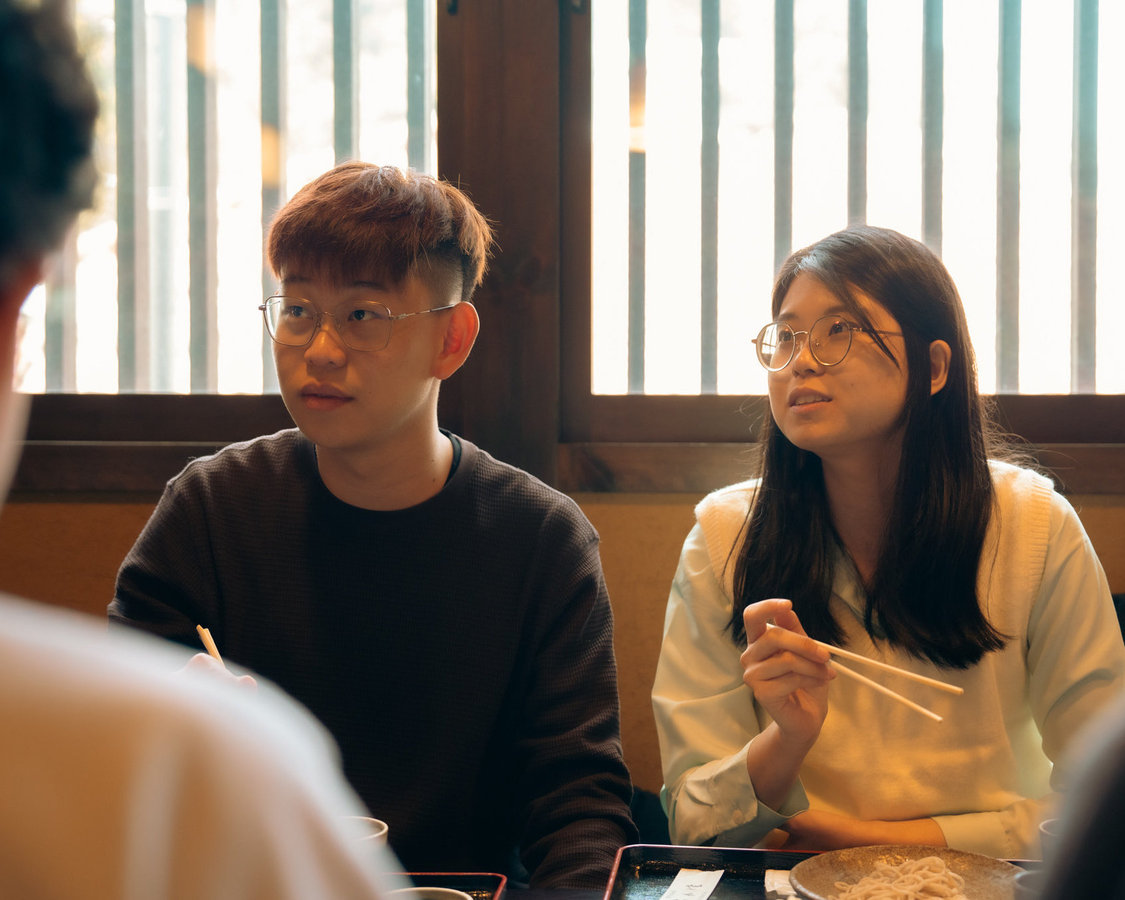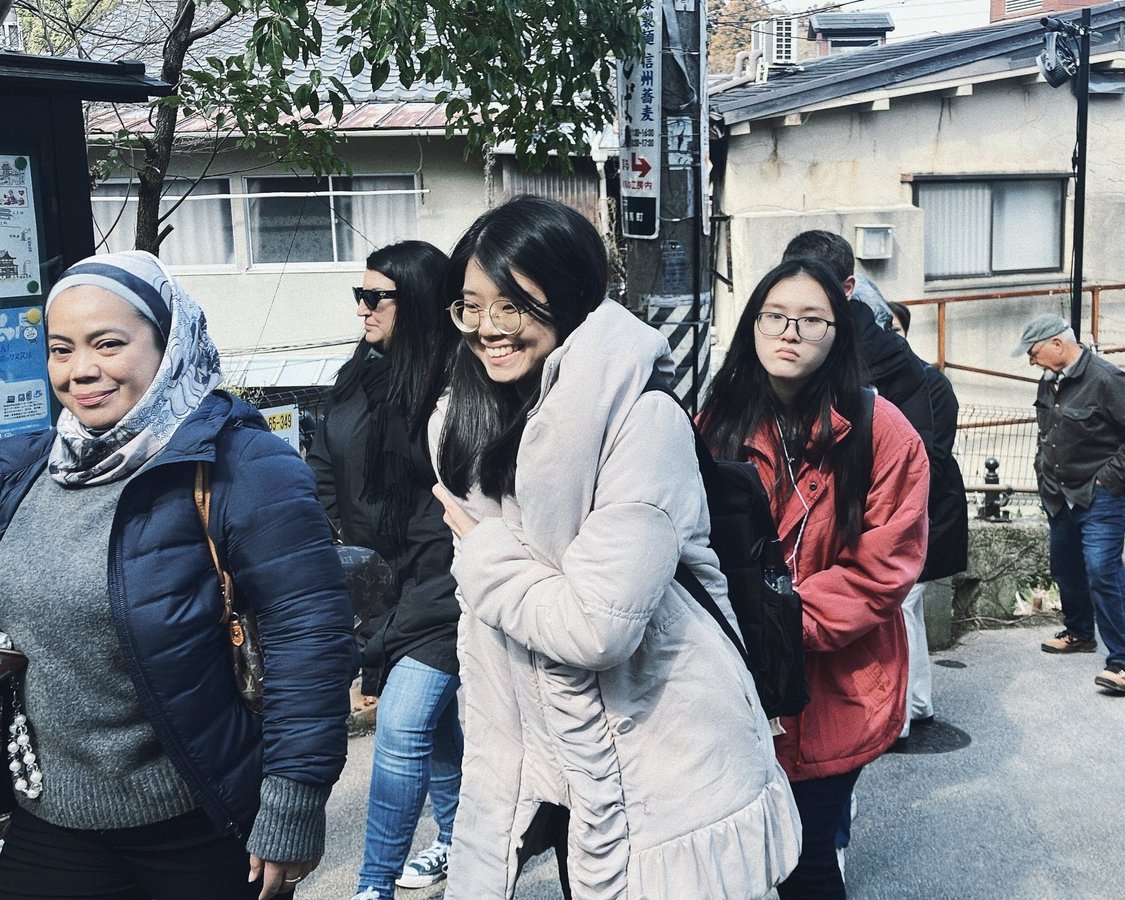Understanding what is important in Hospitality Management
School of Technology Management & Logistics 3年
I recently joined a 10-day program in Japan focused on learning "Omotenashi" and Japanese culture. The program provided a rich immersion into Japanese culture and hospitality practices. We visited several locations, each showcasing unique ways of serving the community.
Our journey began on Awaji Island, where we observed how talents from diverse backgrounds came together to foster a spirit of service to the community with the Ukrainian aid project being one example. We also had the opportunity to meet ZEN sensei, who is from Thailand, to learn the meditation technique. One particularly memorable stop was Haru San San, a restaurant located on Awaji Island. Here, we enjoyed our lunch featuring ingredients sourced directly from their own farm. This farm-to-table approach allowed us to experience the freshest, most flavorful Japanese cuisine.

To further deepen our understanding of Japanese hospitality, we attended a branding strategy class focused on Hyogo prefecture products. We also participated in the Japanese Tourism Policy, in which we were informed about the over-tourism in Japan and the related knowledge regarding Japanese culture. We even participated in a delightful cooking class. We learned the art of combining the five basic flavours, to create a delicious traditional Japanese meal. The class also covered the preparation of matcha tea, as well as sake. We also participated in a session covering the marketing strategies employed by Universal Studios Japan (USJ), a world-renowned theme park.
Apart from that, we visited Arima Onsen, a place renowned for its natural beauty and onsen. Here, we witnessed how they leverage the natural advantages of the location, such as the golden and silver onsens, to provide visitors with a good experience. We also had the opportunity to experience Japanese soba noodles. Finally, we visited Sakoshi, a town renowned for its exceptional salt production. The locals' warm hospitality and the high quality of the salt production process left a lasting impression. It truly felt like a home away from home, a feeling that is important in the field of hospitality management. More than just services !!!
I feel incredibly fortunate to have been part of this program. The cultural immersion and the hospitality lessons were truly inspiring. These collaborative experiences provided a deeper understanding of Japanese culture and the strategies used to promote and serve the community, a valuable lesson I will carry forward in my future career. Besides, I am already dreaming of coming back to Japan to experience the beauty of Japan again.


